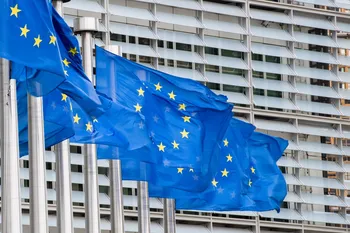Co-electrolysis technology has a relevant impact on hydrocarbon synthetic production processes (e.g. Fisher-Tropsch, ethylene and methanol routes), which is gaining continuous interest for the production of e-fuels (e.g. Sustainable Aviation Fuel (SAF), e-diesel, e-methane, etc) and other chemicals relevant for the chemical industry. With co-electrolysis carbon dioxide and steam are converted into syngas which is subsequently utilised in the downstream chemical processes to produce synthetic fuels or molecules of interest thereby enhancing overall energy efficiency. The primary benefit of the co-electrolysis lies in the ability to produce high-quality syngas in a single step, eliminating the need for extra H2/CO2 conversion processes.
Previous EU funded projects (Eco[1], HELMETH[2], SOPHIA[3], ELECTRA[4], SElySOs[5], eCOCO2[6], SUN2CHEM[7]) have already assessed the feasibility of co-electrolysis and laid the groundwork for further improvements. However, heat integration between co-electrolysis systems and downstream processes can improve the overall efficiency of production with lower OPEX and flexible operation towards synthetic chemicals production, an aspect which has not been covered by those projects.
Project results are expected to contribute to the following expected outcomes:
- Efficiency improvement via an optimised system integrating co-electrolyser and downstream reactor, enhancing the efficiency of the power to final chemical process by reducing heat losses and recovering heat produced



